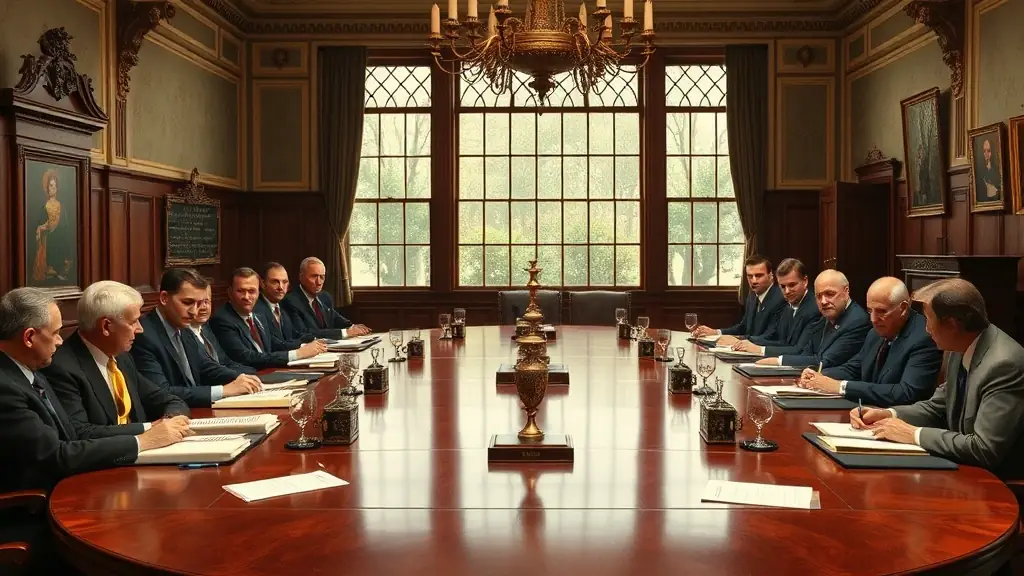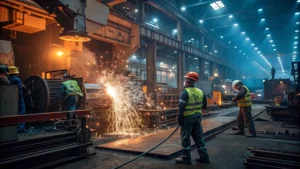The National Committee for the Control of Iron and Steel (NCCI) emerged as a crucial player in the post-war reconstruction of British industry, particularly within the steel sector. Its formation was a direct response to the need for coordinated planning and control in a rapidly changing economic landscape. The committee’s influence extended beyond the steel industry, impacting broader industrial policy decisions. Its mandate encompassed a wide range of issues, from production quotas to investment strategies. The NCCI’s impact on the steel industry was profound. Its regulations and policies directly influenced production levels, investment decisions, and the overall structure of the industry. The committee’s actions had a significant impact on employment, technological advancements, and the distribution of resources. The NCCI’s role in nationalization efforts also shaped the future of the steel industry in Britain. The NCCI’s legacy continues to be debated and analyzed today. Its decisions had both positive and negative consequences for the British economy. Historians and economists continue to study the committee’s impact on industrial policy and nationalization efforts. Understanding the NCCI’s actions provides valuable insights into the complexities of post-war industrial strategy and the challenges of managing a large-scale industry in a rapidly changing world. The committee’s influence on the steel industry and the broader British economy remains a significant topic of discussion.
The Economic Impact of Steel Production on Post-War Britain
Steel production played a crucial role in the economic recovery and development of post-war Britain.




